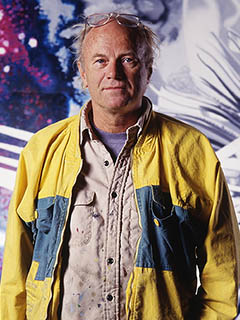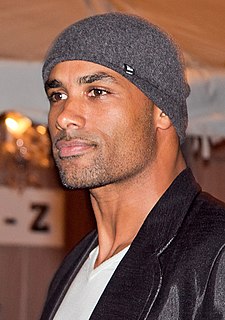A Quote by Ai Weiwei
Warhol came from an ordinary family and he had a profound understanding about capitalism and material culture. He was probably one of the few Western artists - or artists from the United States - that could be considered a true product of his time and brought out that kind of spirit of the culture.
Related Quotes
Before the United States, there wasn't really anyplace anybody could go. They had to seek refuge in other ways. After the United States was founded, it became the place you go, and the people who came assimilated into a single culture that was shared in a way. Everything the left claims to want is exactly what this country started out doing. It was multicultural, we had the Italians, we had the Irish, we had everybody.
Warhol and other Pop artists had brought the art religion of art for art's sake to an end. If art was only business, then rock expressed that transcendental, religious yearning for communal, nonmarket esthetic feeling that official art denied. For a time during the seventies, rock culture became the religion of the avant-garde art world.
When I first came to New York, in the '70s, artists were certainly divided about the Andy Warhol persona, and about the work. I thought it was utterly cool - I thought the Factory was utterly glamorous - but there were a lot of artists I really admired and respected who were older that kind of dismissed it, couldn't get it, and felt that there was a lack of seriousness about it.
Germany is a country that has absolutely had to since the Second World War ask itself massive moral questions. And it's reforged its identity based on culture. I mean, the amount of artists living and working in Berlin is unparalleled. It's one of the strongest economies, not only in Europe, but globally, and it's because of its understanding of the importance of culture.
Now, [hip-hop/grime artists] Stormzy, Skepta, or the Section Boyz have to be validated by Drake, Rihanna or Beyoncé. They're rolled into this one urban culture bubble; it's not really to do with, "I'm specifically f - ked off about my country and what's going on in my town." We're very much only showing success to artists who impress American artists, and I'm one of them.
So much of the United State's political relationship with Israel is based on culture. Israel is the only Westernized culture in the region and the Middle Eastern countries bordering Israel are Arab, which is a totally different society. Even though Israel doesn't exactly feel like the United States, by comparison to its neighbors it's very Western.






































